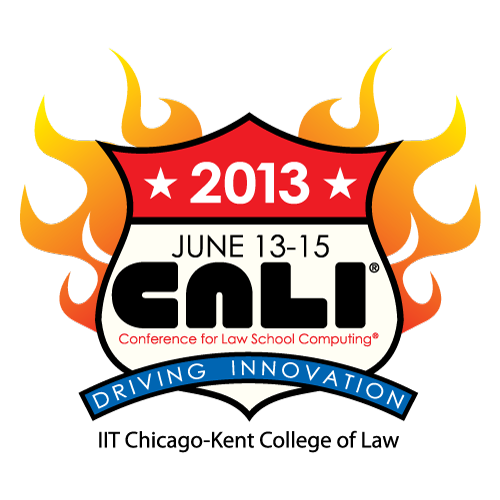A2J Clinic Integration into Traditional Clinics
Yesterday, the CALI Spotlight Blog featured three participants from the Access to Justice Clinical Course Project that will be integrating A2J Author into their courses a part of a hybrid clinical experience. Three other participants in the A2J Clinic Project will integrate the use of this software into more traditional clinical courses.
- Read more about A2J Clinic Integration into Traditional Clinics
- Log in or register to post comments



